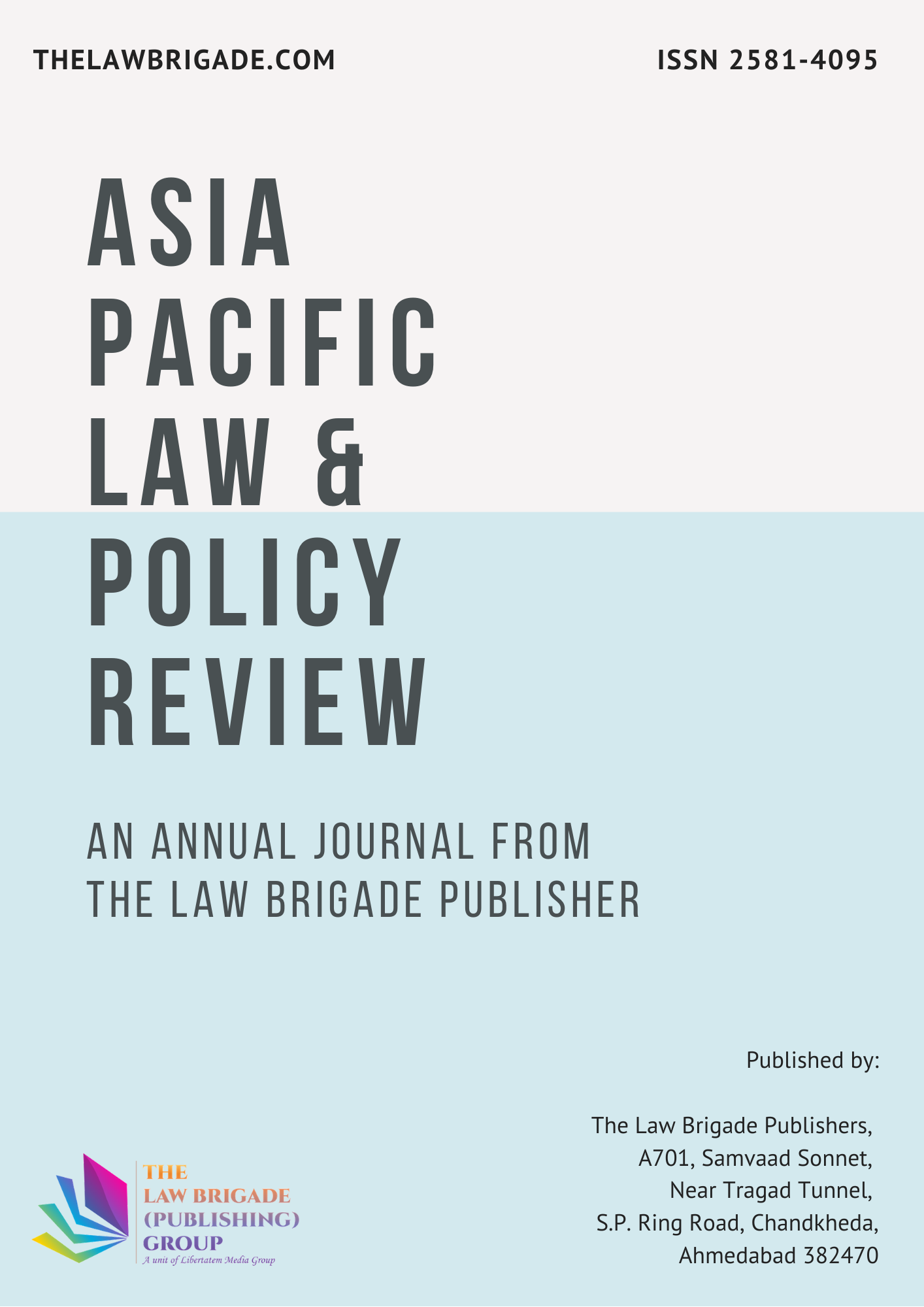The effects of climate change become more apparent in South Asian Association for Regional Cooperation (SAARC) region, which has significant problems in protecting human rights and guaranteeing climate justice for all its residents. This research article digs into the essential relationship between climate change and human rights in the SAARC region, highlighting the vulnerabilities of marginalised groups. This work also focuses on the urgent need for a climate justice framework by analysing the impact of climate change on human rights domains such as life, health, food, water, and shelter. Investigations are based on the theoretical foundations of climate justice and the ethical and legal consequences of human rights protection. The Central University of Punjab Library provided this work’s study materials and online resources. The authors and institutions whose works were used as guiding resources in this research article have been given appropriate weightage.
Climate Justice and Human Rights in the SAARC Region: Flooring the Route Towards a Sustainable Future
Publication Information
Journal Title: Asia Pacific Law & Policy Review
Author(s): Naresh Prajapati, Deepak Kumar Chauhan, Smriti Rai, Akshita Gupta & Kirti Ruhil
Published On: 23/10/2023
Volume: 9
First Page: 51
Last Page: 83
ISSN: 2581-4095
Publisher: The Law Brigade Publisher
DOI: 10.55662/APLPR.2023.902
Cite this Article
Naresh Prajapati, Deepak Kumar Chauhan, Smriti Rai, Akshita Gupta & Kirti Ruhil, Climate Justice and Human Rights in the SAARC Region: Flooring the Route Towards a Sustainable Future, Volume 9, Asia Pacific Law & Policy Review, 51-83, Published on 23/10/2023, 10.55662/APLPR.2023.902 Available at https://aplpr.thelawbrigade.com/article/climate-justice-and-human-rights-in-the-saarc-region-flooring-the-route-towards-a-sustainable-future/
Abstract
Keywords: Climate Justice, Climate Action, Human Rights, Regional Cooperation, SAARC Countries, Sustainability, Technology Transfer.





